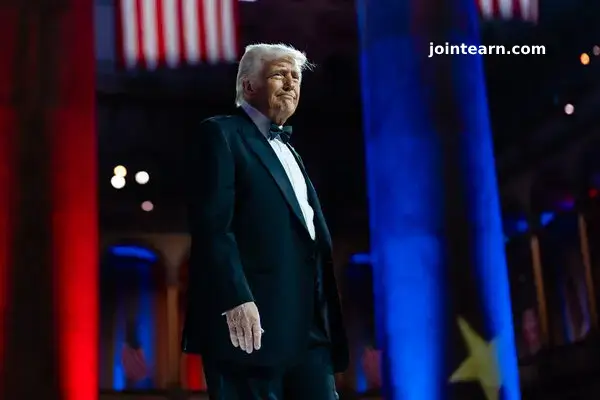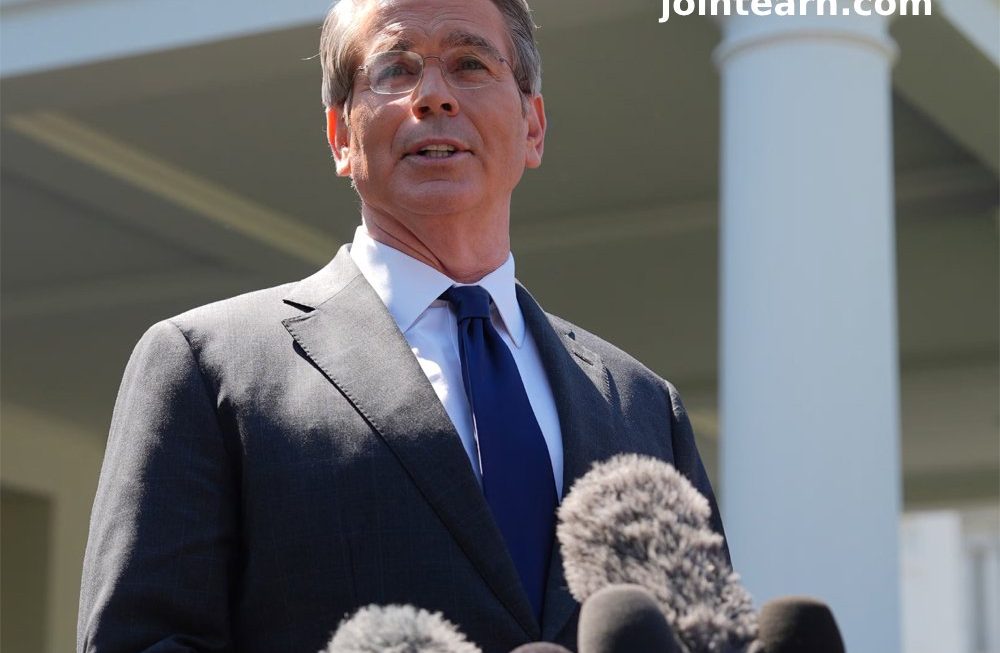President Donald Trump’s first 100 days back in office have drastically reshaped the U.S. political and economic landscape. But amid executive orders and sweeping promises, one issue has cast a shadow over it all — tariff uncertainty.
With Trump’s tariff policy sending mixed signals to global markets, businesses and investors are left wondering: What is the endgame?
Trump’s Tariff Policy: Strategic or Confusing?
Since “Liberation Day” on April 2, when Trump announced a reciprocal tariff plan, the administration has delivered conflicting messages on trade deals — fueling market volatility and undermining investor confidence.
Aides have alternated between promoting progress and admitting delays, with no clear timeline for agreements with major trade partners like China and South Korea.
In an interview with Time, Trump claimed to have made “200 deals,” but just days later told reporters that it was “physically impossible” to finalize most of them before July.
“In game theory, it’s called strategic uncertainty,” Treasury Secretary Scott Bessent said Sunday, highlighting the administration’s embrace of unpredictability.
Tariff Uncertainty Weighs on Trump’s Popularity and Global Trade
Tariff-related confusion has become a major factor in Trump’s declining approval ratings. A New York Times tracker shows a steady slide since April 2. Foreign nations, too, are growing skeptical. For example, South Korea’s vice industry minister recently said he sees no chance of a trade deal before their June presidential election.
Meanwhile, Trump continues to blur the lines between tariffs and other policy tools. Over the weekend, he floated the idea that revenue from tariffs could fund tax cuts, despite no concrete deals in place.
“We’re going to be taking in a tremendous amount of money,” Trump said, deflecting from stalled negotiations.
Promises vs. Progress: Trump’s 100-Day Agenda Falls Short
At his inaugural rally, Trump promised to act with “historic speed and strength” to resolve national crises. However, his first 100 days have been marked more by executive orders than legislative accomplishments.
Key elements of his economic agenda, especially tax reform, have been stalled in Congress. Though House Speaker Mike Johnson promised aggressive action, legislative progress has been slow.
On Tuesday, Trump’s 100th day in office, the most notable development is expected to be a procedural Senate vote on tax expert Kenneth Kies — not the passage of a tax bill.
No Clear End to Trade War Uncertainty
Trump recently claimed “a little bit” of progress with China, but offered no specifics — merely teasing that “something’s going to happen that’s going to be possible.”
As Trump’s trade policy continues to generate uncertainty, markets remain on edge. With tariffs, interest rates, and foreign policy all in flux, business leaders and global allies are bracing for a long summer of economic unpredictability.












